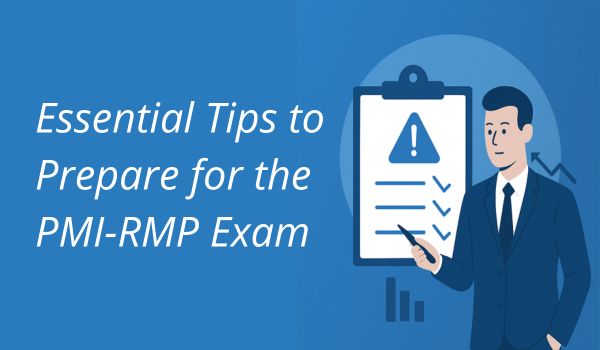Emotional Intelligence (EI) is a crucial yet often overlooked component in effective project management. Defined as the ability to understand and manage one’s own emotions and to recognize and influence the emotions of others, EI encompasses self-awareness, self-regulation, motivation, empathy, and social skills. In the realm of project management, these attributes can significantly enhance team performance, stakeholder satisfaction, and overall project success.
The Core Components of Emotional Intelligence
- Self-Awareness: Recognizing and understanding one’s own emotions is the foundation of EI. For project managers, this means being conscious of their emotional responses and how these can impact decision-making and interactions with the team.
- Self-Regulation: This involves managing one’s emotions effectively, especially in stressful situations. Project managers with strong self-regulation can maintain composure, stay focused, and think clearly when challenges arise.
- Motivation: Beyond external rewards, self-motivation involves inner drive and passion for achieving goals. Motivated project managers are often more resilient and can inspire their teams to stay committed to project objectives.
- Empathy: Understanding and sharing the feelings of others is vital for building strong relationships. Empathetic project managers can better navigate team dynamics, address conflicts, and support team members’ needs.
- Social Skills: Effective communication, conflict resolution, and teamwork are integral to managing projects successfully. Project managers with strong social skills can foster collaboration, build rapport, and lead their teams more effectively.
The Role of Emotional Intelligence in Project Management
- Enhanced Communication: EI facilitates open and honest communication. Project managers with high EI can convey ideas clearly, listen actively, and ensure that all team members feel heard and understood. This leads to fewer misunderstandings and more cohesive teamwork.
- Improved Conflict Resolution: Conflicts are inevitable in any project. Emotionally intelligent project managers can address disputes calmly and fairly, finding solutions that satisfy all parties involved. This helps maintain a positive and productive work environment.
- Increased Team Morale and Productivity: By recognizing and addressing the emotional needs of team members, project managers can boost morale and motivation. Happy and motivated teams are more likely to be productive, meet deadlines, and deliver high-quality results.
- Better Stakeholder Relationships: EI enables project managers to understand and manage stakeholder expectations effectively. By empathizing with stakeholders’ concerns and communicating transparently, project managers can build trust and ensure stakeholder buy-in throughout the project lifecycle.
- Effective Stress Management: Projects often come with tight deadlines and high pressure. Project managers with high EI can manage their stress and support their teams in coping with pressure, ensuring that stress does not hinder performance or well-being.
How to Improve Emotional Intelligence
- Practice Self-Reflection: Regularly take time to reflect on your emotions and reactions. Keeping a journal can help you understand your emotional triggers and patterns.
- Seek Feedback: Ask for feedback from colleagues, mentors, or friends about how you handle emotions and interactions. Constructive feedback can provide insights into areas for improvement.
- Develop Active Listening Skills: Practice listening to understand, not just to respond. This involves giving full attention to the speaker, observing non-verbal cues, and reflecting back what you hear to ensure understanding.
- Manage Stress: Learn and practice stress management techniques such as mindfulness, meditation, or deep-breathing exercises. Reducing stress can improve your ability to regulate emotions and respond calmly under pressure.
- Enhance Empathy: Try to see situations from others’ perspectives. Engage in active empathy by considering others’ feelings and experiences, which can help in understanding and connecting with them better.
- Improve Communication Skills: Work on clear and effective communication. This includes being assertive without being aggressive, using “I” statements to express your feelings, and ensuring your body language matches your words.
- Build Relationships: Invest time in building and maintaining relationships. Engage with your team members beyond work tasks, showing genuine interest and care for their well-being.
- Practice Emotional Regulation: Learn to identify and label your emotions accurately. Use techniques such as cognitive restructuring to change negative thought patterns and improve your emotional responses.
Emotional Intelligence is a critical asset for project managers, enhancing their ability to lead teams, manage conflicts, communicate effectively, and maintain strong relationships with stakeholders. As the complexity and demands of projects continue to grow, the importance of EI in project management will only become more pronounced. By cultivating EI and continuously striving to improve it, project managers can create more collaborative, efficient, and successful project environments. For those looking to enhance their skills, pursuing Online PMP Certification Training or Project Management Training can provide valuable tools and knowledge to apply EI effectively in project management.




